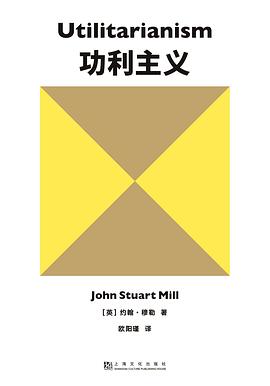
内容简介
《功利主义》全书共有五章。
第一章,穆勒开门见山,首先指出了道德伦理学的现状,指出人类“在解决颇具争议的是非标准问题上一直都没有什么进展”,并且得出了“检验是非的标准必定是确定对错的手段,而不是一种已经确定了对错的结果”和功利原则即边沁所称的最大幸福原则对形成各种道德学说发挥了很大的作用、功利主义观点对先验派伦理学家来说必不可少的结论。
在第二章里,穆勒不但论述了功利主义的含义,还澄清了这种理论中的一些基本观点和核心概念。他引入了一系列反对功利主义的观点,然后逐一批驳、分析和论证,并且在此过程中对伦理学的基本问题、主要原理做出了经典的回答和界定。
第三章论述了功利原则这种道德标准的终极约束力问题。功利主义道德具有一种强大有力的天然情感基础,即“与我们的同胞保持和睦一致的愿望”,也就是顾及他人的利益;只要承认普遍幸福是道德标准,这种情感基础就会成为功利主义道德的力量。所以,这种道德情感就是功利主义道德,即最大幸福原则的终极约束力。
第四章,穆勒讲了幸福与美德的关系。美德不但是实现幸福的手段,而且是幸福的组成要素,是幸福的一部分;美德“本身就是一种善”,因此要求我们“把热爱美德视为促进普遍幸福的首要条件”。
第五章论述了正义与功利之间的联系。伴随着正义观念而来的情感(正义感)含有两大基本要素:一是惩罚侵害者的愿望,二是知道或相信有确定的受侵害者。既然正义是指捍卫某个人或某些人的权利和利益,那么社会就应当出于普遍功利的考虑去捍卫这种权利和利益。
综观全书,穆勒比较完善而全面地论述了功利主义的基本原理,澄清与修正了以前(主要是边沁)的功利主义理论。尽管后人对穆勒的功利主义进行了许多批判,引发了一些学术论争,但不可否认的是,功利主义伦理学如今仍在发挥着重要的影响,仍是现代西方社会科学的主要道德基础。
作者简介
约翰·穆勒(John Stuart Mill,1806-1873)
英国哲学家、经济学家,19世纪功利主义学派代表人物之一。因对功利主义的修正与完善,并澄清了世人对功利主义的一些误解,被誉为“功利主义集大成者”。主要作品有《功利主义》《论自由》《政治经济学原理》《代议制政府》等。
Content introduction
Utilitarianism consists of five chapters.
In Chapter 1, Mill begins by pointing out the current state of moral ethics, noting that mankind has "made little progress in resolving the controversial question of right and wrong" and concluding that "the test of right and wrong must be the means of determining right and wrong." Rather than a result that has been determined right or wrong "and the utilitarian principle, which Bentham called the principle of maximum happiness, played a large role in the formation of various moral doctrines, and the utilitarian view was indispensable to transcendentalist ethicists.
In Chapter 2, Mill not only discusses the meaning of utilitarianism, but also clarifies some basic ideas and core concepts in this theory. He introduced a series of viewpoints against utilitarianism, then refuted, analyzed and demonstrated one by one, and in the process made classical answers and definitions to the basic questions and main principles of ethics.
The third chapter discusses the ultimate binding force of the utilitarian principle. Utilitarian morality has a powerful natural emotional basis, namely "the desire to be in harmony with our fellow man", that is, to take into account the interests of others; As long as universal happiness is recognized as the moral standard, this emotional basis becomes the power of utilitarian morality. So this moral emotion is utilitarian morality, the ultimate binding force of the principle of maximum happiness.
In Chapter four, Mill talks about the relationship between happiness and virtue. Virtue is not only a means to happiness, but also a component of happiness, is a part of happiness; Virtue is "a good in itself," and therefore requires that we "regard the love of virtue as the first condition for the promotion of general happiness."
Chapter five discusses the relation between justice and utility. The emotion that accompanies the idea of justice (the sense of justice) has two basic elements: the desire to punish the perpetrator, and the knowledge or belief that there is a definite perpetrator. Since justice refers to the defense of the rights and interests of a person or persons, then society should defend such rights and interests out of the consideration of general utility.
Throughout the book, Mill discusses the basic principles of utilitarianism in a relatively complete and comprehensive way, and clarifies and revises the previous (mainly Bentham's) utilitarian theory. Although later generations have criticized Mill's utilitarianism and triggered some academic debates, it is undeniable that utilitarianism ethics is still playing an important role today and is still the main moral basis of modern western social science.
About the author
John Stuart Mill (1806-1873)
British philosopher, economist and one of the representatives of the utilitarian school in the 19th century. Because of the revision and perfection of utilitarianism and the clarification of some misunderstandings of utilitarianism, he is known as "the master of utilitarianism". His main works include Utilitarianism, On Liberty, Principles of Political Economy, Representative Government and so on.
 热门标签
热门标签


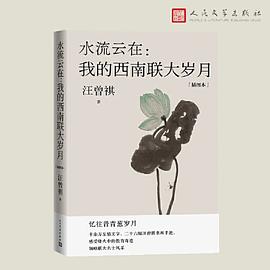
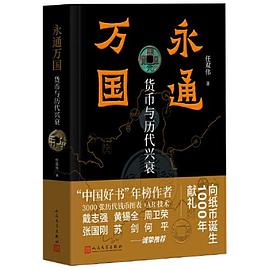
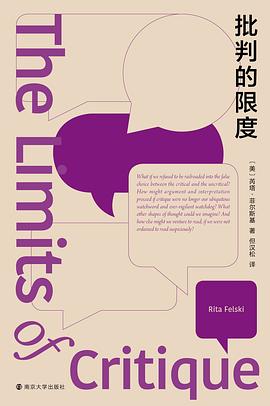
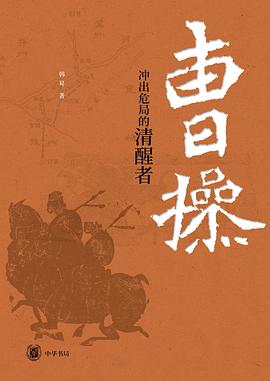

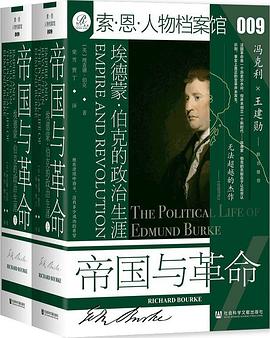




 书单推荐
书单推荐